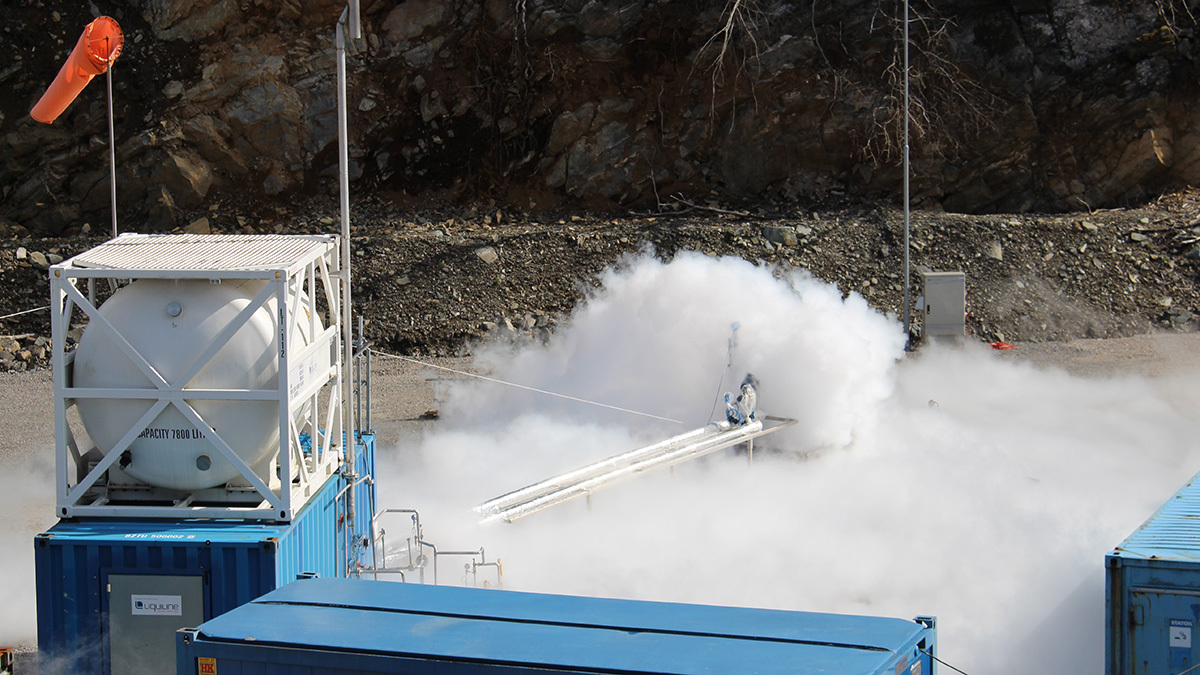Introduction
Liquefied Natural Gas (LNG) stands as a vital bridge in the ongoing energy transition, serving as a cleaner-burning alternative to traditional fossil fuels. As the world shifts towards a more sustainable energy mix, LNG's lower emissions profile and ease of transport make it a pivotal component.
The popularity of small-scale LNG installations is on the rise, spanning from compact truck-filling stations to modest-scale liquefaction plants.
With LNG installations becoming increasingly prevalent, understanding the potential risks, explosion hazards, and safety protocols is paramount. Safeguarding these facilities not only protects human lives and the environment but also supports the sustainable integration of LNG within the evolving energy landscape.
Our advanced course focuses on in-depth hazard analysis for small-scale LNG facilities. It encompasses a comprehensive range of hazards related to LNG facilities, including aspects such as LNG release and dispersion, explosion modelling, cryogenic spills, prevention and mitigation strategies, probabilistic risk assessments, legislative considerations, and insights from historical accidents.
Be proactive in safeguarding your operations and personnel from LNG hazards. Enrol in our expert-led course today.
Who should attend
This course is beneficial for a diverse group of professionals and individuals who are involved in or responsible for various aspects of small-scale LNG installations, including:
- Safety engineer/manager/coordinator/officer
- HSE executive/manager/engineer
- Safety/risk consultant
- Structural and design engineer
- LNG process engineer
- Operational/maintenance personnel
- Plant/facility/project manager
- Team leader
- Regulatory compliance officer
- Emergency response team member
- Investigation team leader
- Policy-maker/regulator
- Anyone who would like to enhance their understanding of hazards associated with small LNG installations.
Prerequisites
In general, no special prerequisites are required. However, knowledge of process safety and experience in plant operation will be helpful.
Benefits for course participants
- A thorough understanding of the specific hazards associated with small LNG installations, enabling participants to identify and address potential risks effectively.
- Enhanced awareness of the unique safety challenges posed by small LNG installations, allowing participants to implement safety measures and protocols with precision.
- Become adept at making informed decisions about facility design, equipment selection, maintenance practices, and compliance with safety regulations, leading to safer and more efficient operations.
- Boost your relevance in the LNG industry.
Attendees will receive a competence certificate from Gexcon at the end of the course.
Benefits for organisations
The enhanced competency on LNG hazards of the attending staff will provide organisations with in-house professional capability in the following aspects:
- A strengthened awareness of potential hazards and the necessary precautions.
- The skill to identify, assess, and mitigate risks associated with LNG more effectively.
- The ability to implement effective safety measures – supporting streamlined operations by minimising the disruptions caused by accidents, incidents, or emergency shutdowns.
- The knowledge to support the development of robust emergency response plans and procedures.
- The proficiency to promote a safe working environment.
- Demonstrating a strong commitment to safety, enhancing the organisation's reputation in the industry and among stakeholders.
Moreover, the organisation will provide an opportunity for employees to engage in professional development by attending the course, which could enhance employee morale.

